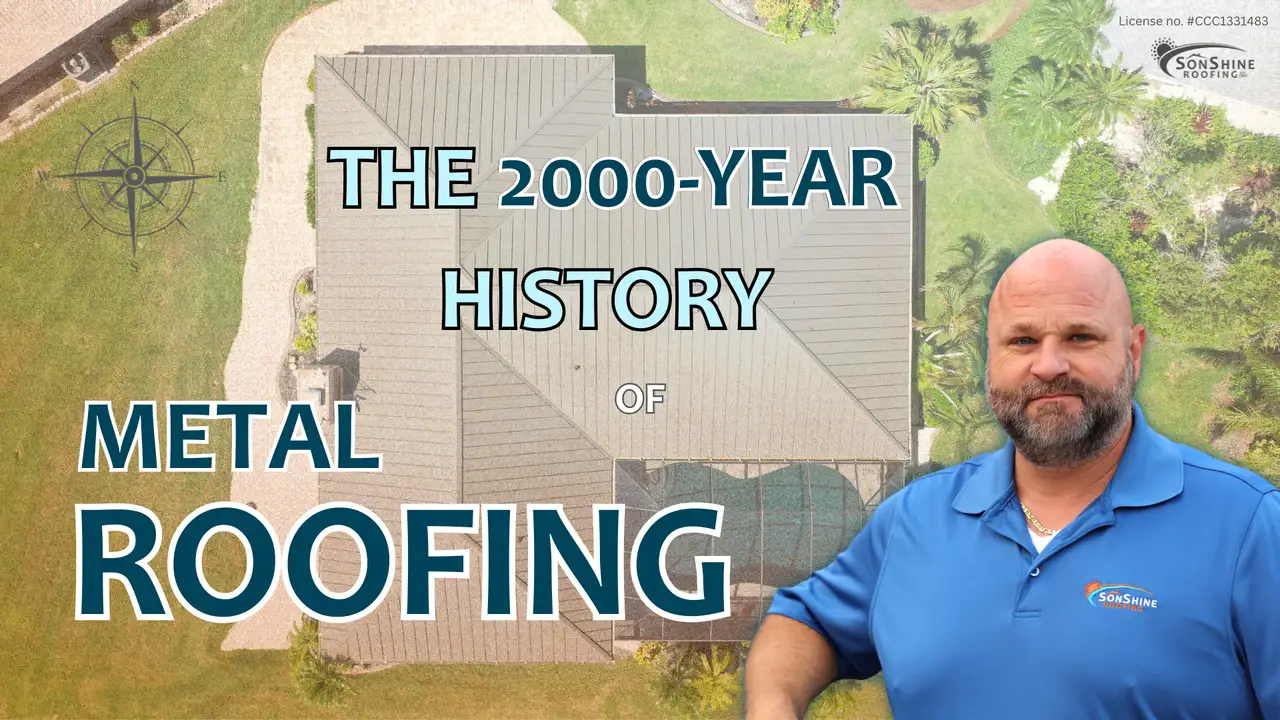How long does a roof last? It’s one of the most common questions homeowners ask when thinking about repairs or replacements. If it’s been a while since you’ve replaced your roof, it may be time to consider its current condition and expected lifespan.
The truth is, there’s no one-size-fits-all answer. The longevity of your roof depends on several factors including materials used, installation quality, climate, and how well it’s maintained. Regular inspections and timely repairs are key to maximizing its life.
Asphalt Shingle Roof
The most popular roofing material in the U.S., asphalt shingles are budget-friendly and relatively easy to install. However, their lifespan is shorter than some alternatives. A standard asphalt shingle roof typically lasts 10–20 years, while architectural shingles may last 15–25 years. Premium shingles can stretch up to 30 years with proper maintenance.
Learn more about why asphalt shingles are so widely used.
Tile Roof
Tile roofing—available in clay and concrete—is durable and attractive. A clay tile roof can last 50–100 years, while concrete tiles typically hold up for 40–75 years. Their resilience makes them a smart choice in coastal or high-heat regions like Florida.
Cedar Shake Roof
Cedar shake roofs are known for their natural aesthetic and are especially popular in beach communities. With regular care, they last 20–35 years, but high-quality installations and maintenance can extend their life up to 45 years.
Metal Roof
Metal roofs are on the rise for good reason: they’re tough, stylish, and long-lasting. A standard metal roof lasts 30–50 years, and premium options like copper, zinc, and stainless steel can exceed 100 years. They’re especially ideal for hurricane-prone areas.
Discover why metal roofing is gaining popularity.
Slate Roof
Slate is a premium roofing option that delivers both durability and elegance. Natural slate roofs can last between 50 and 100 years. They’re ideal for upscale homes and can withstand almost anything—including strong winds and heavy rain—when installed correctly.
Composite Roof
Composite shingles mimic the look of wood or slate at a more affordable price. They’re durable and lightweight, with a typical lifespan of 30–50 years. While composite roofs are low-maintenance, it’s important to watch for leaks and schedule regular inspections.
Boost Roof Lifespan With Maintenance
No matter what your roof is made of, its longevity depends on how you care for it. Routine roof maintenance, inspections, and quick action on repairs can help you get the most out of your investment.
Still wondering, how long does a roof last? Don’t guess—get the facts with a professional













